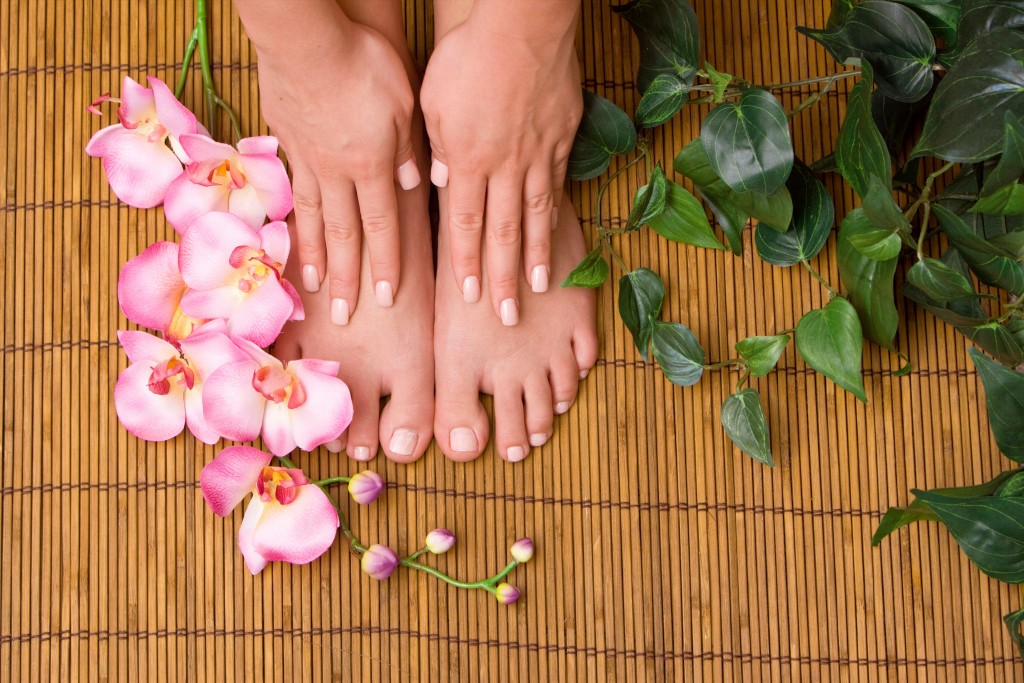Many of the things that affect your overall health will also impact your foot’s health. It’s funny that we don’t think about our feet unless we’re writhing in pain because of arthritis, heel spur, and plantar fasciitis, among other things. As our lives become more fast-paced and we continue to live unhealthy lifestyles, these will take a toll on our feet as much as it does on our cardiovascular health.
It’s funny because people love getting pedicures today. In fact, even men started going to spas and salons to get their nails trimmed and cleaned. Sometimes, they have foot spa services, too. So where does the problem lie? It lies on more than 50% of participants in a survey saying that they do not wash their feet in the shower. Yes, your feet get wet when taking a bath, obviously, but do you actually take the time to scrub and wash them? Unless you have a foot spa, you haven’t thought about your feet at all.
How Are Your Feet Feeling?
Pay special attention to your feet. How are they feeling today? Most people’s problem is that even if they feel cramps in their feet, they won’t even think much of it. They’ll chalk it up to being tired from work, stress, or even walking all day long. These symptoms, however, may be signs of a more serious problem.
Foot cramps, for example, is a sign of dehydration. Swollen feet can be caused by hypertension and diabetes, while tingling in feet can mean there’s a pinched nerve in your body. If you have cold feet, that doesn’t always mean the temperature’s dropping. It can be a sign of a thyroid problem, too.
When you feel these things in your feet, what do you do? Most will ignore these and go on with their days. You should see a foot specialist when you notice signs of deteriorating foot health. The specialist will recommend not only treatments and medications but also lifestyle changes. Yes, your foot problems are indicators of an unhealthy lifestyle.
Factors That Affect Your Foot’s Health

Certain lifestyles affect the health of your feet. For example, smoking, obesity, inactivity, and poor eating habits are bad for the skin. This leads the skin in your feet to lose its elasticity and its protective and regenerative functions. When the skin becomes too dry, it leads to micro-lesions, which are the entry points for bacteria, fungi, and viruses.
Overweight and obese people might also have a problem with their feet. The feet carry excess weight, which means that it will take the pressure from your body’s weight. The most common foot problems for obese people are heel pain and plantar fasciitis. Over the years, heel pain has been a particular problem for people of all ages. If you find it hard to put weight on your feet, check if you have put on weight.
The styles of the shoes that you wear might also give your feet problems. For example, although flip-flops are popular among the young—and even old—now, they don’t do your feet any good. Sure, it gives a basic protection level instead of going barefoot, but these slippers don’t provide arch support, heel cushioning, and shock absorption.
As you grow older, you have to take better care of your feet. That starts with looking at your lifestyle and the changes you made in your body over the past few years. Make sure that you’re eating healthily and keeping a balanced diet. It will also help if you can visit the doctor regularly and as soon as you feel something wrong with your feet.

